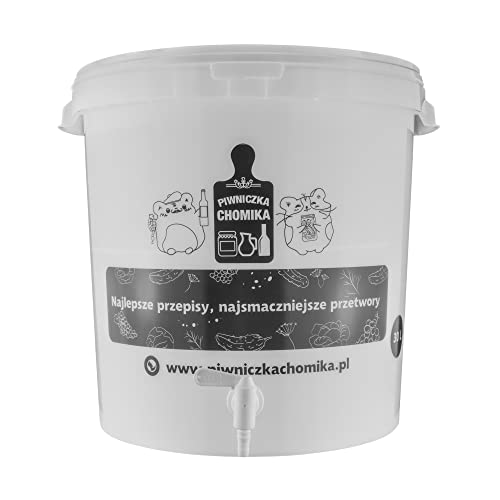You're welcome :hat:Very helpful, thank you. ☺
For what it's worth, I would suggest the only chemicals you're likely to need are:
- Camden tablets (sodium metabisulphate - for removing Chlorine and/or Chloramine)
- Gypsum (Calcium Sulphate)
- Calcium Chloride (the dihydrate form)
- Epsom Salts (Magnesium Sulphate)
You can get the first three easily enough from eBay or Amazon, and MaltMiller sell the CRS/AML
I've found Bru'N Water good to work out how much of each to add in order to hit a particular profile - although you have to ignore it when it says your mineral levels are 'too high'





















![BREWING THERMOMETER STICKERS ACCURATELY MONITOR FERMENTING BEER & WINE LIQUID TEMPERATURES 5PCS HOME BREW SPIRITS WINE LCD ADHESIVE [US]](https://m.media-amazon.com/images/I/311DDjo2X3L._SL500_.jpg)





















